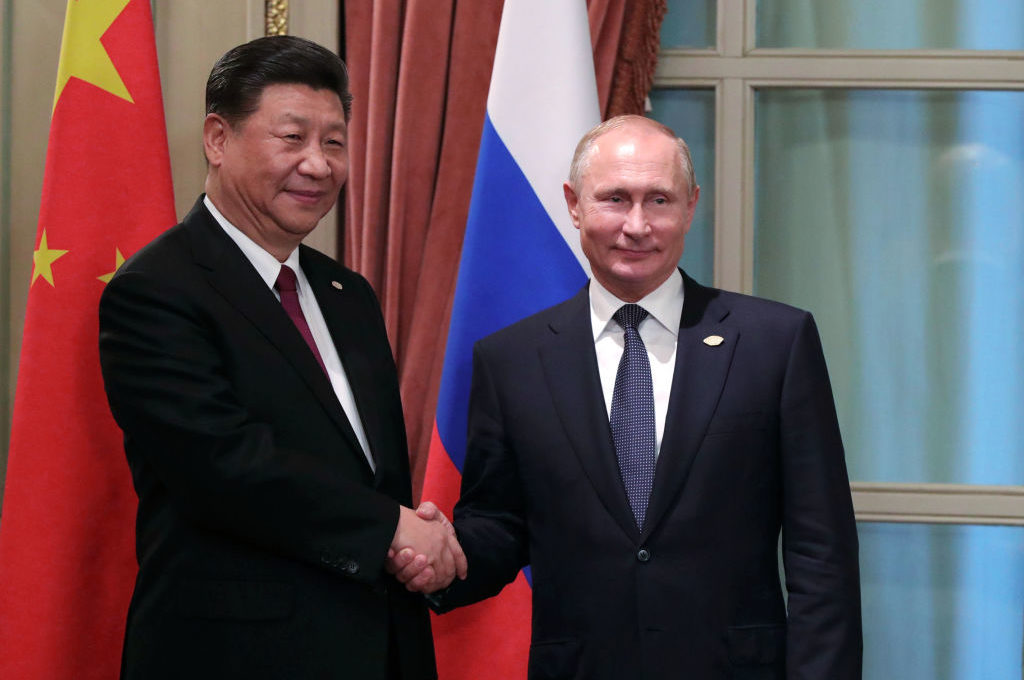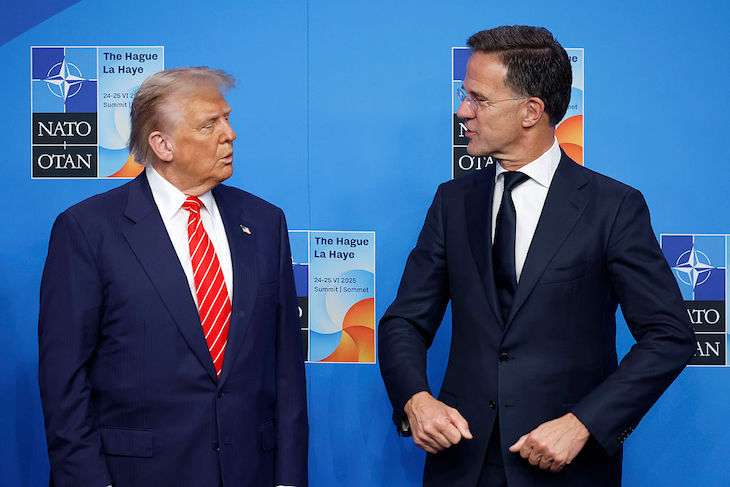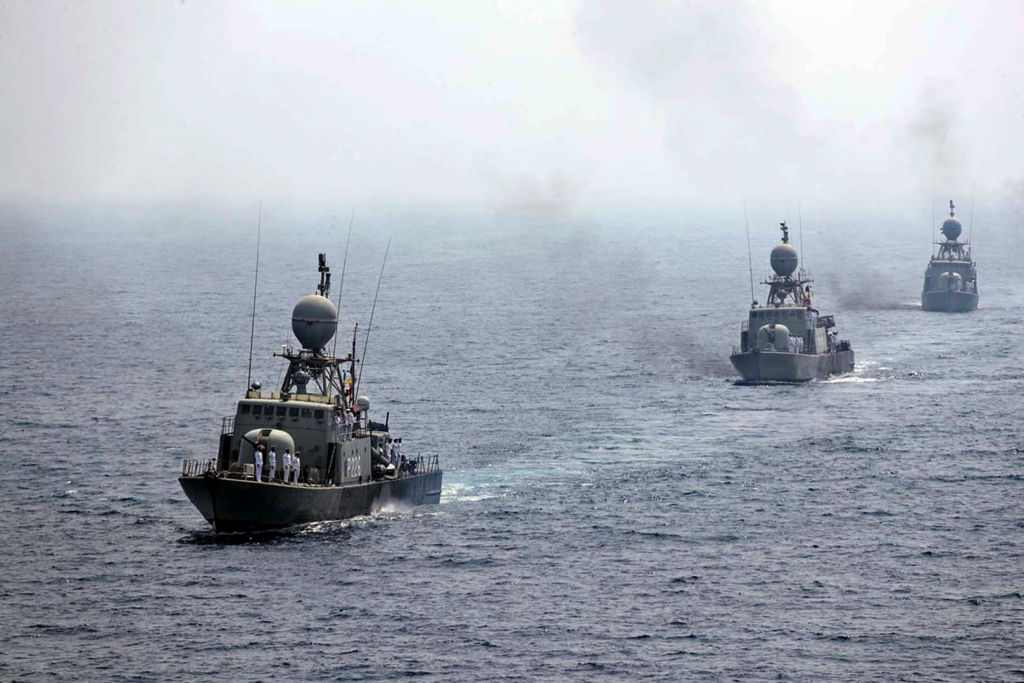‘Russian influence’ is everywhere these days, especially if you’re a liberal. From the White House to Brexit, the Donbass to the Baltics, the specter of Russian expansionism is inescapable in the news. But have Western media identified the wrong zeitgeist?
For a malevolent power, Russia is all too conspicuous. Real mastery of subterfuge entails a degree of subtlety. ‘Russia is very aggressive…up-in-your face,’ says Donald N. Jensen, of the Center for European Policy Analysis. ‘China seems to be a bit more discreet…even when it fails, you don’t really know it.’
Chinese meddling may go unnoticed in Europe and North America, but it is more conspicuous in Australia and New Zealand. On the front-lines of China’s Pacific sphere of influence, Chinese cash permeates the electoral system. Last year, a cyberattack on the Australian Parliament was blamed on China. Last week, a media investigation examined the current Australian Home Secretary’s questionable private meeting with a Chinese billionaire.
China’s understated style ensures that its interference operations are less prominent in Western headlines than Russian ‘meddling’. Take last week’s EU-China summit. The European Union is a known target of Chinese meddling; Beijing has used asset purchases in Hungary and Greece to fracture the European unity on Chinese human rights issues, and seeks to build ties with anti-EU nationalist parties like the German AfD and Italy’s Five-Star Movement. European media remain, however, less concerned by meddling than by the opportunities of a supposed ‘breakthrough’ in trade relations. The European Commission, officially labeling China a ‘systemic rival’, called for ‘full unity’ ahead of the summit. Europe has come to fear China, yet, economically, they are a vital partner.
Russia and China approach the art of influence from different reference points, and practice different styles. ‘Russia is a declining power,’ notes Czech sinologist Martin Hála, a decline which it seeks to manage by undermining its rivals. China has greater ambitions. Its ‘ultimate goal’, says Rep. Michael McCaul, a ranking Republican member of the House Committee on Foreign Affairs, is ‘economic and global dominance’.
Economics is China’s preferred mode of asserting influence. The centerpiece of this strategy is the Belt and Road Initiative, a massive infrastructure investment project linking Chinese trade with over 75 nations around the globe. The Initiative, critics say, is the framework of a future Chinese-controlled global trade network. Already, the Belt and Road has pierced the NATO alliance’s soft underbelly. A state-owned Chinese corporation owns a controlling stake in the Greek port of Piraeus, and Italy and several Eastern European countries have joined Greece as signatories to the Initiative. Euroskeptics in these countries see Beijing as a needed counter to Brussels’ influence.
China buys not only ports, but people, like Sam Dastyari, an Australian Labour senator who was forced to resign after it came to light he had asked donors with ties to Beijing to cover travel expenses. Martin Hála calls these schemes ‘elite capture’, and has observed their penetration of the Czech Republic. In 2016, president Miloš Zeman rescinded a state medal to Holocaust survivor George Brady after the Chinese protested about Brady’s nephew meeting the Dalai Lama. This is the kind of political leverage that massive Chinese investment can buy.
The Communist party also runs a ‘Thousand Talents Program,’ a ‘funding stream’ that, according Mark Stokes of Project 2049, a US-Asia policy think-tank, is used as ‘a means to leverage foreign experts,’ bringing scientific talent from abroad for research that is ‘dual use’: ostensibly civilian, but with military applications.
The Chinese diaspora provides another vast potential source of talent and information. President Xi Jinping is on record as referring to overseas Chinese as ‘tools’ of the Communist party, whose United Front Work Department is tasked with maintaining their loyalty.
Though overall, as Anne-Marie Brady of New Zealand’s University of Canterbury is quick to point out, ‘the Chinese people are the victims of the party,’ some are willingly so. Brady mentions those she refers to as ‘Red Capitalists,’ émigrés whose conversions to Chinese communism may have been after-the-fact, but who cash-in on their party connections by functioning as such ‘tools.’
Entire nations, too, can be realigned by economic assistance. After the financial catastrophe of 2008, Iceland found its Western allies unwilling to provide assistance. After the Russians approached Iceland’s ruling Social Democrats with a bailout offer that failed to materialize, Reykjavík sought out China for help. The result was a 2010 currency swap agreement.
China also advocated for an Icelandic bailout from the IMF, in a move designed to create a rift between Iceland and its Western allies. Icelanders have not forgotten that their Western friends blocked this initiative. Lamenting this ‘betrayal’ Baldur Þórhallsson of the University of Iceland says that ‘China-Icelandic relations have flourished ever since,’ adding that many Icelanders view China as a necessary balance to the encroaching power of the EU.
Iceland is a small Atlantic nation, but also a NATO member, with enormous strategic potential as a way-station on the nascent shipping lanes of the Arctic. On Arctic issues, Iceland remains, notes Þórhallsson, ‘a vocal supporter of China.’ Iceland’s drift toward Beijing and away from the West should be cause for concern. This realignment shows that China’s influence strategies are working, and how they may develop in the years to come.
Small states give China, and Russia too, the opportunity to poke holes in the larger security arrangements of rival powers. If China desires an alternative world order, these small states are a convenient place to start. Brady contends that the ‘ultimate goal’ of Chinese strategy is to split small states ‘away from NATO, the EU, and the US, and thus both weaken them and their great- and medium-power allies.’
This is a game for the long-term, and one in which the Chinese are wisely keeping their cards close to their vest. It is a discreetness the Russians might do well to emulate. But even dissimulation has a shelf-life.
‘The story in Washington is a Russian story,’ remarks Alan Tidwell of Georgetown University. But the story in Australia and New Zealand, he adds, is ‘a China story’. Soon, we might all be on the same page.

























